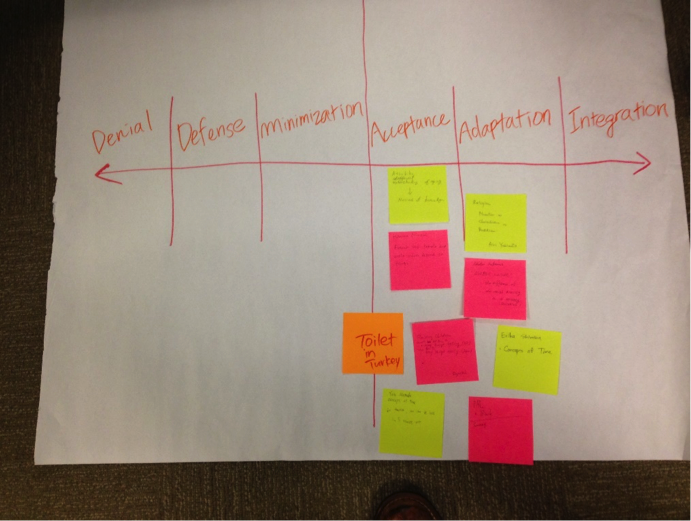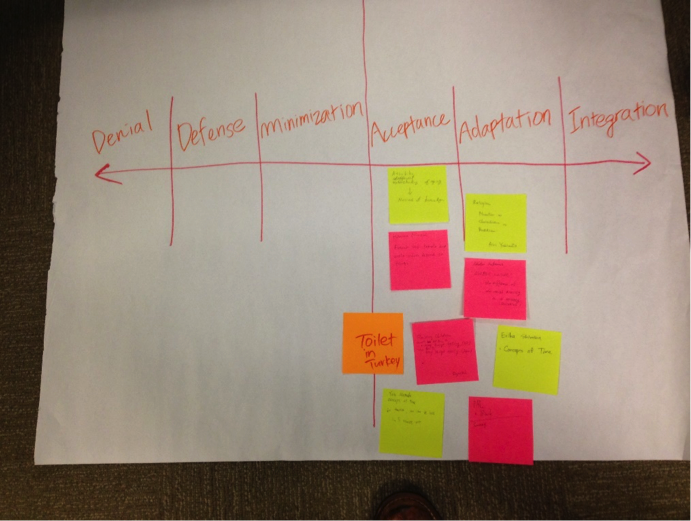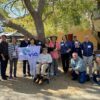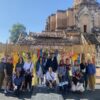I’m Shohei Nakamura, a second grade student of Kyushu University. Now I’m in San Francisco for the first time. I’m very glad to be here as a participant of the CME program.
In Cross-cultural workshop, which was held on February 28th, we considered cultural differences from our own experiences of “Culture shock.” In my case, culture-shock experience is what I had while in the U.K. I lived in London for a year while I was a sixth, grade elementary school student. When I first got on a bus, I saw there many people of various colors of skin, and they were talking in various languages. They were sharing the atmosphere in their daily life. I was so surprised and impressed because I had never seen this kind of view. I felt the situation seems to be similar here in San Francisco. Other participants also had a lot of interesting examples, all of which were very impressive.
We also learned about how to deal with new things, when we come across. In such situations, we tend to label them from their first impressions at once. This is especially typical in intercultural contact. The separation of “observation” and “interpretation,” that is, being objective and then being subjective is very important to catch the real. Stay sensitive, and suspend your judgement!!
I had never had this kind of interactive lecture, which enables us to understand the topic deeply. Different from normal one-way lectures, what we discuss in the workshop was so impressive that now I remember most of the content. I really love it!!

(We shared our own experience and assessed to what degree we can accept them)
We also had a Comparative Health Care Workshop by Toshiyuki Kishida. This is a kind of lecture about legal and medical issues of Medicine in America. In this workshop, we confirmed the definitions of some medical terms (e.g. informed consent, confidentiality, the Good Samaritan Law, etc.) and the related questions quoted from USMLE, the United States Medical Licensing Examination.
The most impressive one for me was DNR. It means “Do Not Resuscitate,” and if a patient has a DNR order, his/her doctor does not perform CPR, CardioPulmonary Resuscitation. The main purpose of this order is keeping patients’ dignity. My grandfather was suffering from COPD, a lung disease, and passed away six years ago. He did a DNR order while alive, so he did not had CPR when his heart stopped. I could really understand what his rejection of CPR meant and think about what was done in the hospital under the order (patients with DNR still can receive medical treatments except CPR). DNR is not so common in Japan, but this concept will spread more, thinking of respect for patients’ autonomy and death with dignity.
To tell the truth, I could not understand some parts of the lecture because I did not know technical terms in medicine and the contents of each topic were also difficult for me. I realized that I must study English and medicine harder and harder… Nevertheless, what I learned in this workshop was very fundamental, and it is related to every medical issue. The knowledge I got here is helpful in other activities of this program and also will be in the future, I believe.




